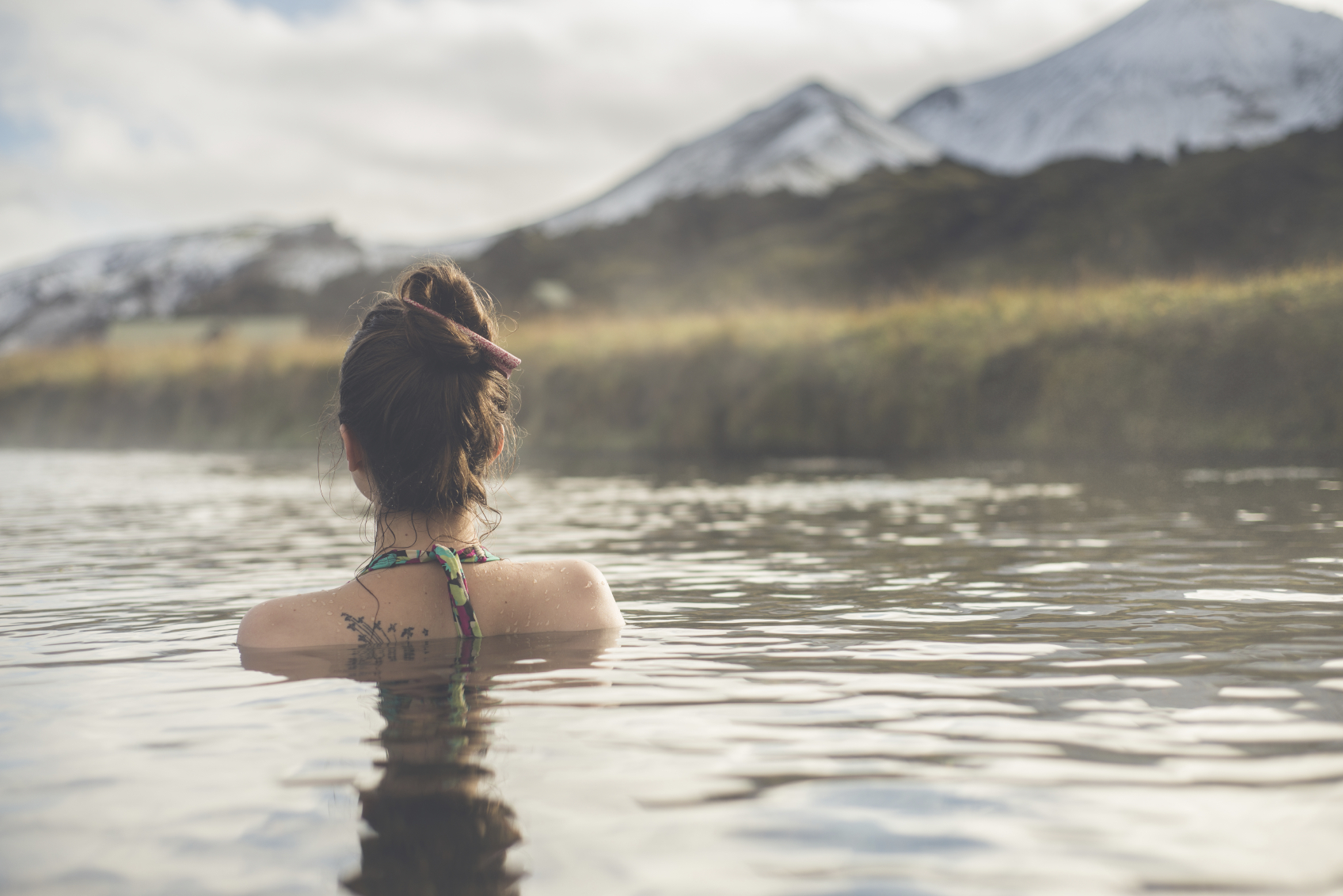The Japan Tourism Agency said Thursday it has begun surveying onsen hot springs nationwide on their no-tattoo policy because many foreign visitors sporting body art have been perplexed by such restrictions.
Many public bathhouses have long denied entry to people with tattoos due to their traditional association with yakuza. However, the policy has baffled many non-Japanese, including people whose tattoos are rooted in their ethnicity.
Earlier this month, the agency started distributing a questionnaire to 3,700 inns and hotels with public baths, asking them why and how they turn away tattoo-bearers and whether they have run into trouble with guests over the policy, an official in its regional development department said.
The survey will try to find out how the practice was started in the first place, by asking each inn whether it was triggered through requests from police or a local industry group, he said.
"Many of the foreign tourists have tattoos for fashion and ethnic reasons. Onsen is an important resource for tourists to learn the Japanese way of living and culture. We would like to get a better grasp of the situation and deal with it," Japan Tourism Agency Commissioner Shigeto Kubo was reported as saying Wednesday.
The agency's move follows an April announcement by major hotel operator Hoshino Resort Co. that it will start distributing 8 cm x 10 cm stickers starting Oct. 1 for guests with body ink. Guests at the group's 13 Kai high-end inns will be allowed to use the public baths if the guests use the stickers to cover their tattoos.
The major hotel group said it decided to introduce the system after the firm's president, Yoshiharu Hoshino, heard a Maori visitor recount the experience of being rejected entry to a bath in Japan.



















With your current subscription plan you can comment on stories. However, before writing your first comment, please create a display name in the Profile section of your subscriber account page.